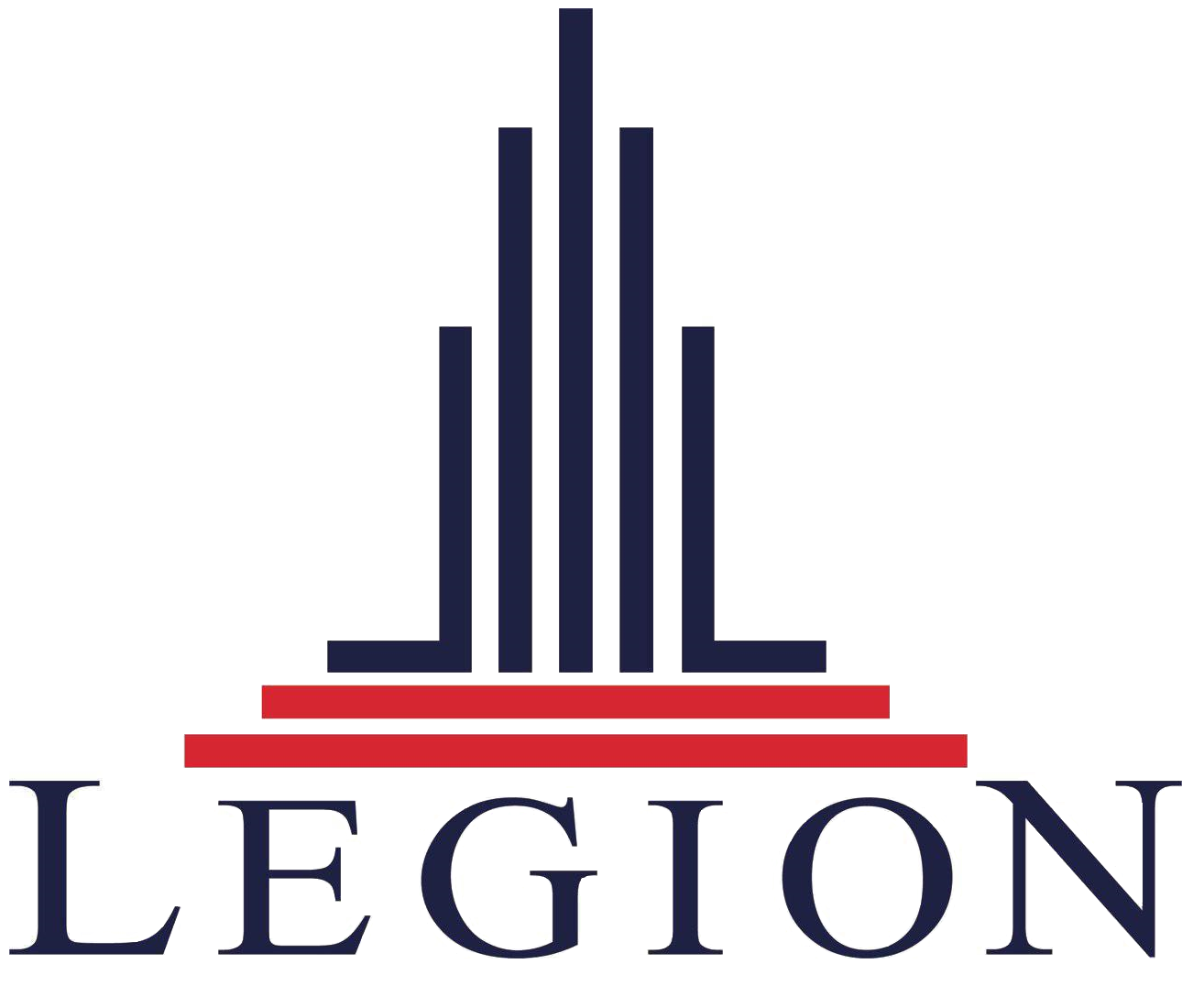By: Jim Byrd
In the endless search for better ways to fund business growth – business owners, entrepreneurs, private equity firms and fund managers are on the hunt for a better capital formation mousetrap. Of the various forms of new capital development methods, the Reg A+ holds the most promise. Regulation A+ is a part of the Jobs Act legislation passed by Congress in recent years in an effort to promote capital formation on behalf of small and emerging companies.
Although labeled the “Mini-IPO” by most practitioners, the truth is the sweet spot for this dynamic new capital vehicle is found in the Tier 1 “non-public” raise. Reg A+ provides for two “tiers” of offering – and either can accommodate a variety of product formats – debt, equity or preferred offerings will all work under either Tier 1 or Tier 2. However, Tier 1 provides some unique benefits for those who wish to raise capital – either debt or equity – without going public.
Tier 2 offerings, although allowing for a larger raise – $50 million as compared to $20 million under Tier 1 – (hey what’s $30 million between friends), and although providing a one stop shop for blue sky state registration, requires: (1) audited financials for the issuer; and (2) ongoing reporting. What that means is, like it or not, once you complete a Tier 2 offering, you are a reporting (public) company.
If your goal is to access public capital – not actually go public – and if you don’t mind making your state by state blue sky filings (you can still get exemptions in many states through the Form D process) – Reg A+ Tier 1 is your answer. Let’s examine the possibilities:
Let’s say you have a young company with maybe $1 million to $2 million in annual sales, just at break even or beginning to show a small profit. You certainly are not ready for a full blown public offering, and not even truly ready for an equity round – you will get eaten alive in valuation. You would, however, be an ideal candidate for a small debt or preferred equity round, particularly if you are able to cover an interest carry or a preferred dividend to investors.
Perhaps you want to raise $1 million to grow your revenues to $5 million per year, and can afford a coupon of, say, 8% to 10%. That is a pretty attractive investment for a yield or income investor, but your company is still too small to attract any institutional interest, or even garner the attention of most high net worth accredited investors. For this reason, a Tier 1, non-public, Reg A+ debt offering would be a perfect solution for you.
Under Tier 1, you could attract investors to your offering through general advertising or solicitation, you could accept smaller, non-accredited investors, and when you have raised the capital you need, you simply file a short form closing your offering, and you would have no ongoing reporting requirements.
The filing cost and time for a Tier 1 offering are both very reasonable. Legal fees through a small or moderately sized law firm should be less than $30,000, and the time to complete the qualification process with the SEC is fairly short – typically 60-90 days. This is truly a fast, inexpensive way to create an offering you can advertise to the general public, accept smaller investors and not have the ongoing reporting responsibility associated with a public offering. It is the best of both worlds for the small business owner seeking to raise up to $20 million of capital.
The Reg A+ offering, like any investment offering does require you to engage an expert to comply with applicable laws and regulations – but on balance the Reg A+ can be an incredibly efficient and cost effective means of accessing the capital your growing company needs.
This Reg get an A+ grade in every respect.

About the author: Jim Byrd is the Chairman and CEO of Legion Capital Corporation. Legion is a private equity firm that deploys new age capital formation methods such as crowdfunding and Reg A+ (Direct IPO) to build and buy companies in high growth industries. Jim is also a noted corporate and securities attorney with experience in going public transactions, private offerings, Reg A+ offerings and crowdfunding.[:]
